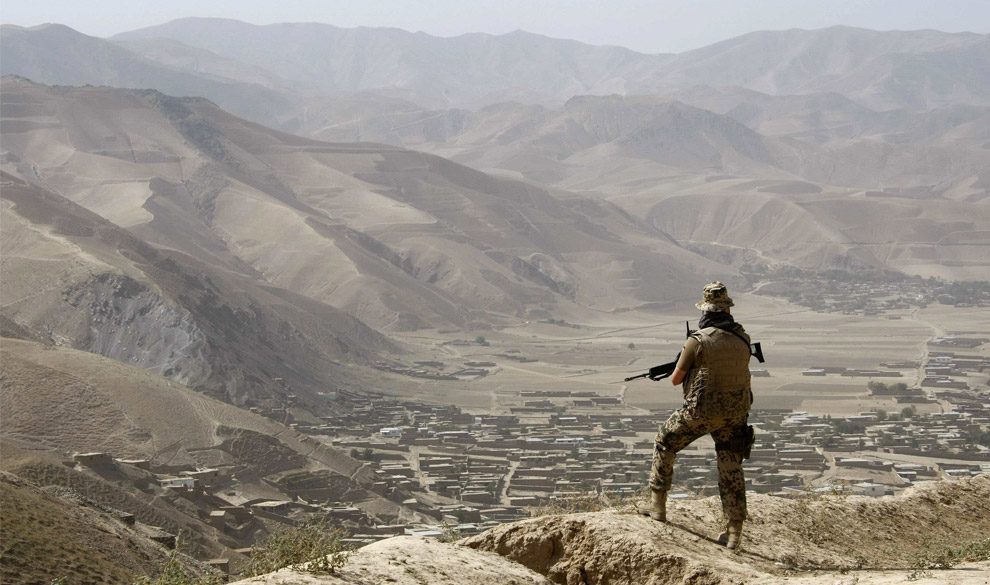
This week marked a dubious watershed in the U.S. military effort in Iraq and Afghanistan, as the number of American forces in Afghanistan passed the troop total in Iraq. The Iraq side of the ledger is the result of the continuing withdrawal of American combat forces from that country, and Admiral Mike Mullen promised today on CNN that theschedule by which all American combat troops will be out in Augustis right on track (50,000 “support” troops will remain). The Afghan total, of course, reflects the buildup authorized earlier by the Obama White House to over 100,000.
These are developments of differing attraction. The Iraq total suggests the United States is following the spirit of the late Republican Senator from Vermont, George Aiken, and declaring victory in Iraq, leaving the final definition of what that means to the Iraqis themselves. At any rate, when the last American combat forces leave, the American direct military role will effectively be over, since no political leader lacking a highly developed suicidal streak would suggest reinserting troops in Iraq once they are out. Would that the situation be similar in Afghanistan.
As reported repeatedly here, the drums keep beating in Afghanistan, if the tune is uncertain. We will soon have over 100,000 troops there, are attempting to liberate Kandahar without hurting anybody or breaking anything, and are committed to the official notion that the Karzai kleptocracy has somehow seen the light and is reforming. It must be hard to see the sky in Kabul for all the flying pigs in the sky!
Maybe this is the time for an Aiken solution in Afghanistan as well. As will be recalled, the Vermonter suggested in 1966 that the United States declare military victory in Vietnam, because the enemy had largely quit the field and the United States controlled the physical ground. His reasoning was that the war could then return to being an internal political struggle between factions in Vietnam itself, allowing the United States to return home with some sort of pride intact. He favored the solution because he could not see any other way out. American historyof the late 20th century would cdertainly be a lot different had his advice been taken.
The situation in Afghanistanis not quite the same, of course, since the United States does not control the country physically. We might, however, simply declare that the situations is as stable as it can be and that only internal political discussions will move toward a lasting solution. This, of course, would be partly fictitious, since a permanent, stable situation is not one of the normal parts of Afghan existence, but if one could be maintained long enough for us to depart, it might be worth the twisted analogy.
An Aiken solution is a good idea if one assumes (as I do) that there is no truly favorable outcome for the United States in this conflict no matter how long we stay. If you believe that our staying will produce a “victory” over whatever our enemy is there, then you probably don’t want much to do with old George Aiken’s idea. But it sure is worth thinking about.
Donald M. Snow, Professor Emeritus at the University of Alabama, is the author of over 40 books on foreign policy, international relations and national security topics. This essay was originally published at his blog What After Iraq? Photo credit:
Image: isaf12_16454207.jpg
